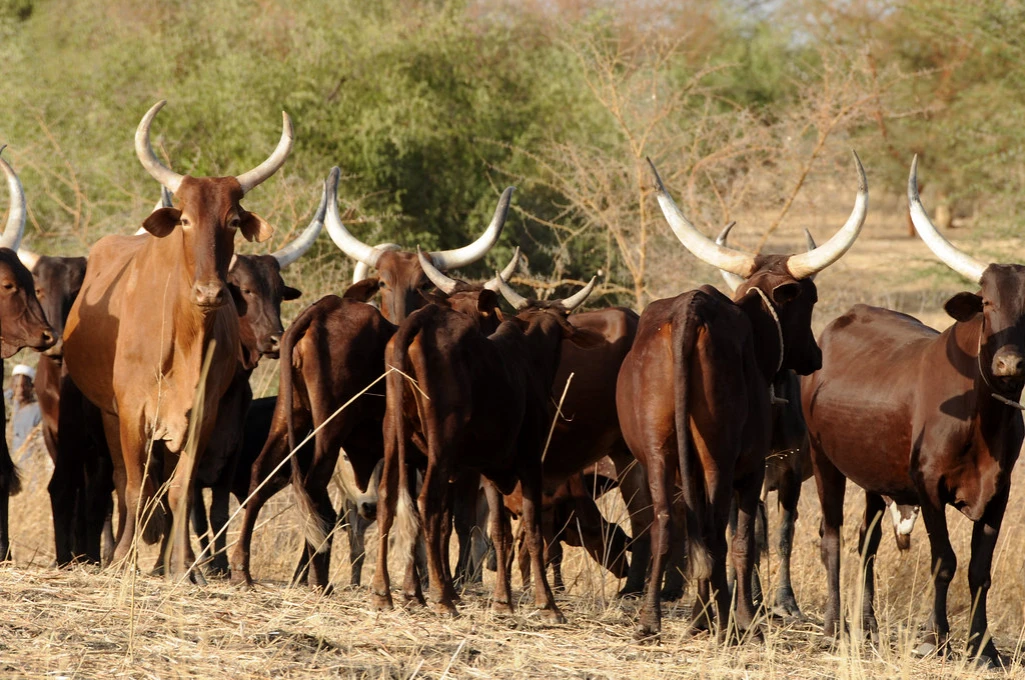
The Dinka Malual peace committee in Northern Bahr el Ghazal State has blocked Sudanese pastoralists from crossing over to the state counties.
The Sudanese pastoralists had made a request to bring their cattle for grazing to Aweil North and Center counties.
However, the committee turned it down, saying that the pre-migration agreement stipulates that Reizegat bring their cattle for grazing during the first week of February every year.
Majok Deng, the secretary general for the committee says they blocked the Sudanese cattle keepers because currently it is farming season.
He fears that if the cattle cross over, it will destroy farm crops and so the Reizegat should wait till February as agreed before.
“We rejected the request because local farmers are still working on their farms, and it is not good to allow them. They have to wait until the harvest is over,” Deng told Akol Yam FM.
“We have agreed that if Reizegat pastoralist enters illegally, the government will take legal procedures to take them back.
The head of delegation from Reizegat pastoralist, Abdallah Sadiq says lack of water and green grass is a major challenge they are facing.
“We have a specific time we agree every year from January with our brothers from Dinka Malual, but we are faced with a challenge. The challenge we are facing in the Eastern Darfur is drought,” Sadiq stated.
“It is still wet season but there is no enough rain. So, we decided to come and consult with our brothers here to see if they could allow us despite the deal.”
Pre-Migration Peace Conferences serve as platforms to promote peace and harmony among border pastoralist communities. Since the first edition in 2008, relations between the communities have progressively improved.
Livestock herders from Sudan are allowed to cross the border towards the Dinka-controlled territory and at the end of the migration period, they can return peacefully to Sudan through the designated routes.
Every year at the beginning of the dry season, the Rezigat of Eastern Darfur and other pastoral communities migrate southwards from their settlements in Sudan in search of water points and grazing grounds for their livestock.